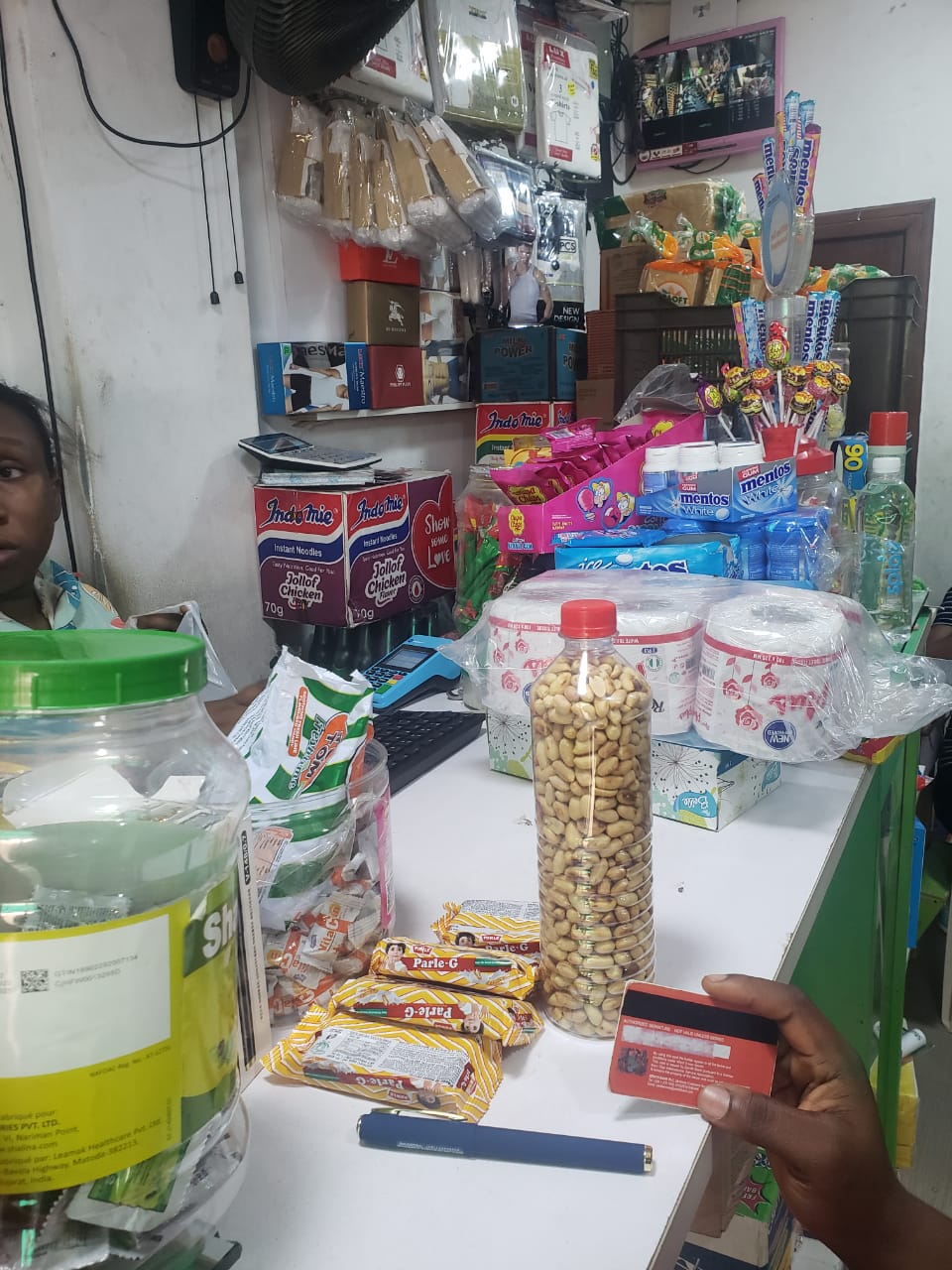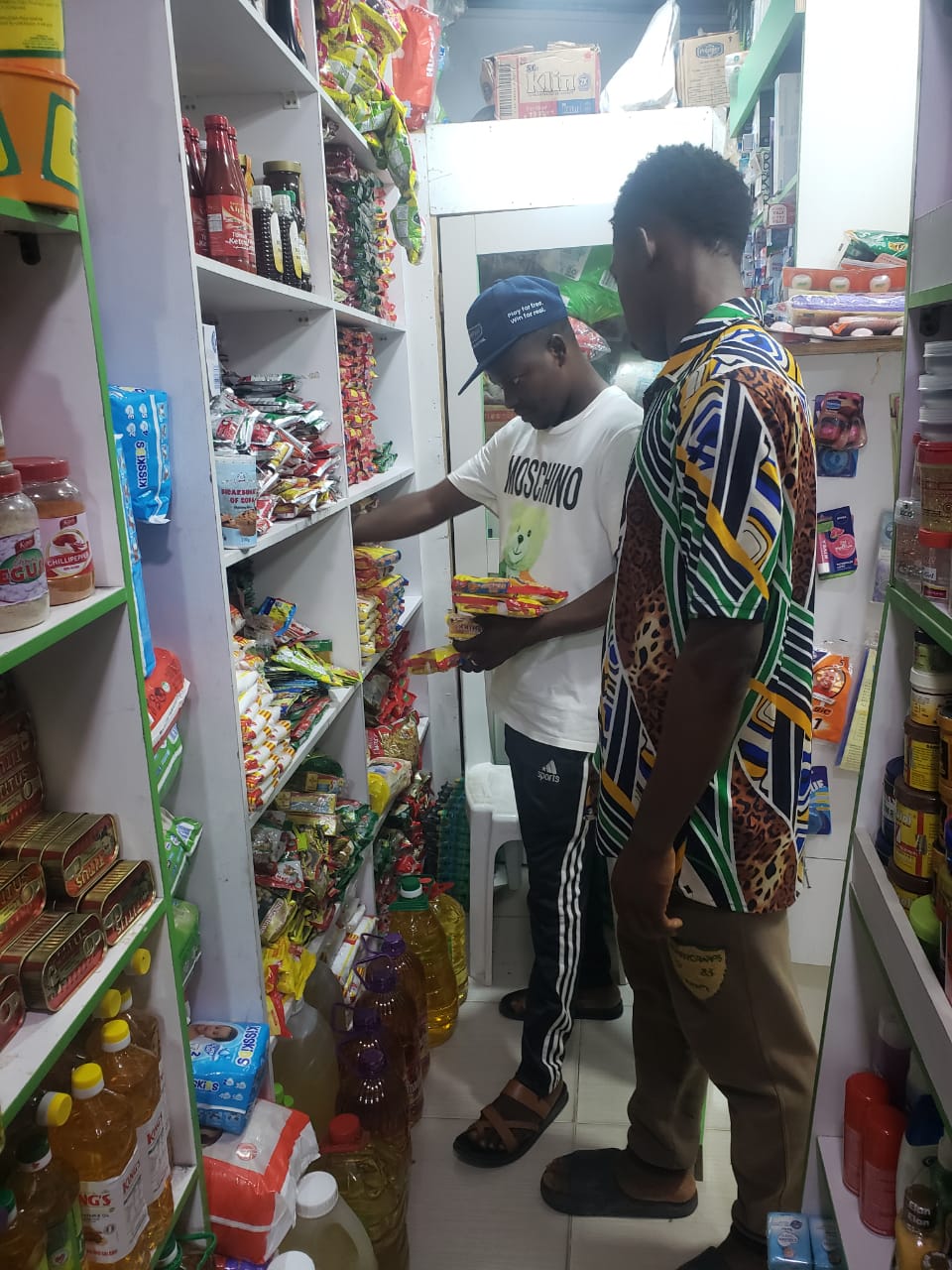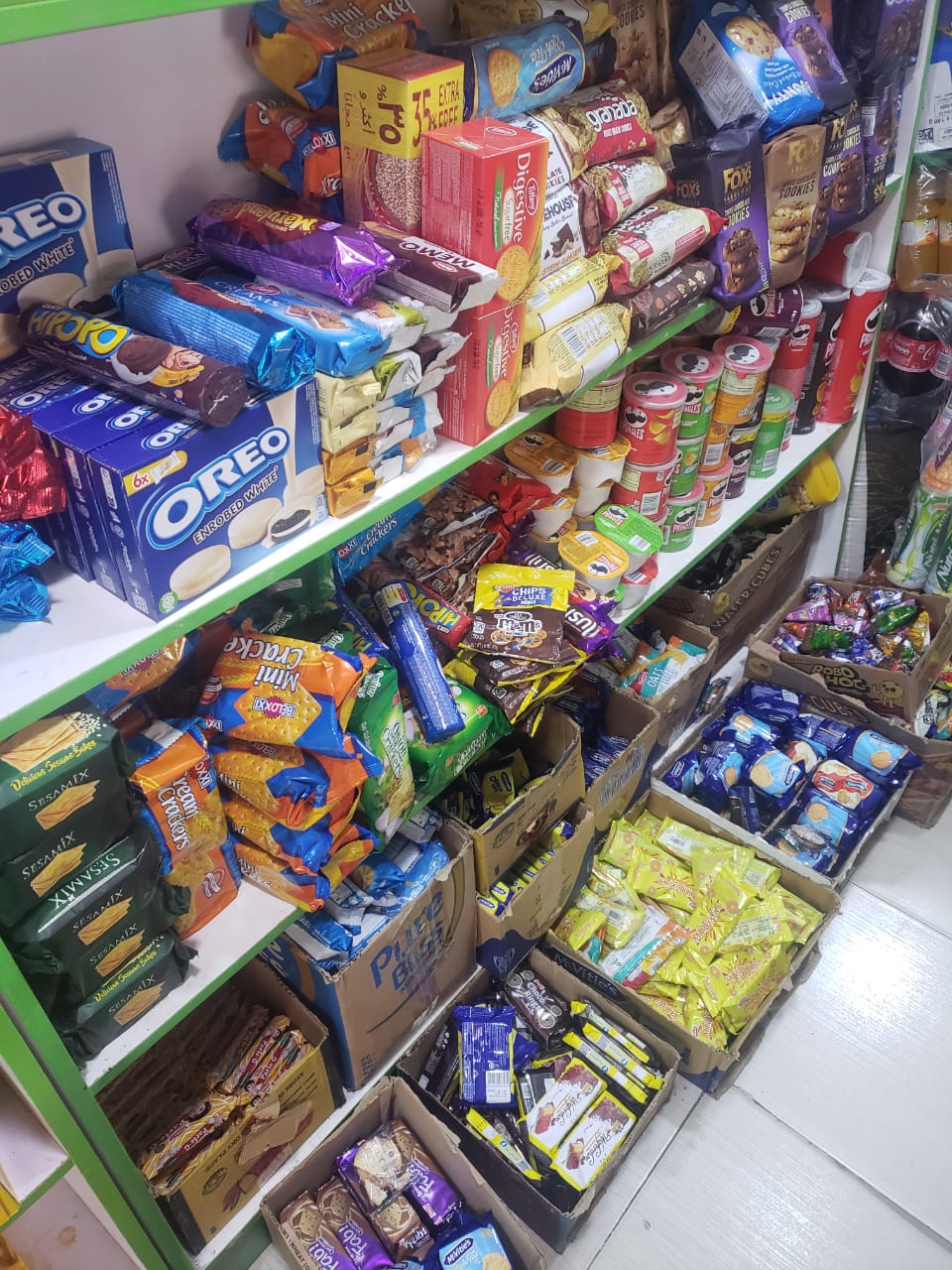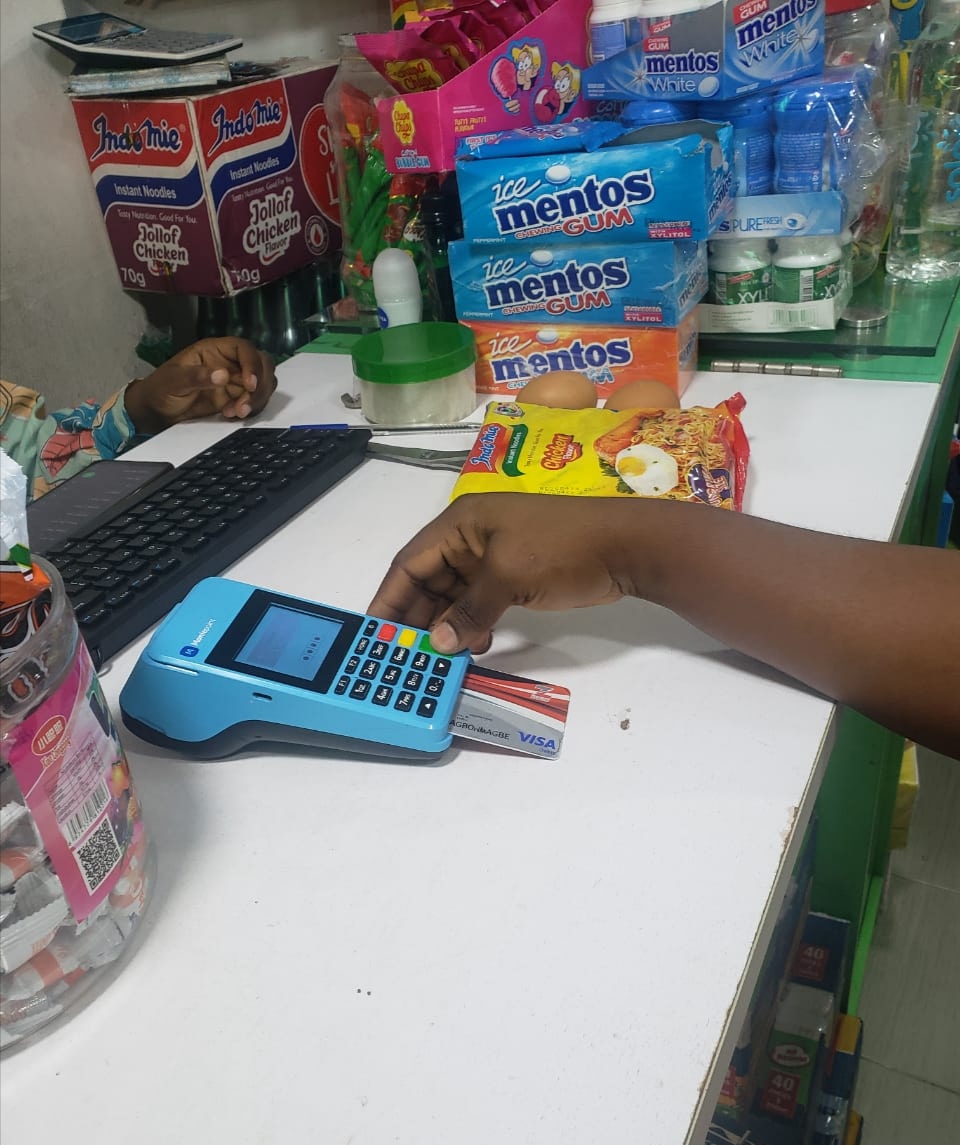Covid-19, Fuel Price Hike Growing Online Shopping
Aided by the digital revolution in Nigeria’s marketplace, the preference for e-commerce or online shopping has waxed stronger, pushing the traditional in-store experience to the backstage.
Although there are precautions to be taken in online transactions, the majority still embrace the convenience of digital transactions that are changing the face of commerce across nations, allowing buyers, from the comfort of their homes, to rummage through different platforms to make their choices.
The popularity of online transactions was limited until 2020 when COVID-19 and its lockdown restricted people indoors and prevented in-store transactions. Since then, the attraction for digital transactions has grown in leaps. Coupled with the liberalisation of the logistics industry that has seen many venturing into the business of delivery services, and the recent reforms of the current administration that has seen the withdrawal of oil subsidy that caused a hike in the price of transport fares, online transactions have indeed received a boost.
From clothing, electronics, healthcare, and wellness products, to cooked food, almost anything can be bought digitally except groceries that people go to in-store for quality assurance.

The convenience of online shopping has seen about 27 per cent of the global population embracing the shopping model which has people across the global divide purchasing items digitally from the comfort of their homes.

Amazon is a major player that is widely recognized as one of the largest online retailers globally. Other popular platforms including Alibaba, eBay, and Walmart have established themselves as trusted and reliable options for online shopping, offering a wide range of products and convenient delivery options.
In Nigeria, Jumia, Konga, and Dealdey are among the prominent online shopping platforms that customers have gotten stuck to, turning online shopping into a global phenomenon.
 14
14
Toyosi Ayodele, who operates an online perfumery store, says 70 per cent of her clients prefer digital purchase of goods to a traditional in-store experience, but noted that the reliability of online products is a key consideration for consumers. Toyosi emphasizes the importance of sticking to reputable sellers and reading reviews.
Toyosi started business in the thick of the Covid-19 pandemic and the lockdown further accelerated the growth of her perfumery business, whose patronage was online then.
She has seen new opportunities in the hike in the price of fuel which has caused an increase in transport fares which has now forced people to stay within their neighbourhood and embrace online transactions more.

Growth of Digital Advertising
Omotolani Jumai is another seller who is reaping hugely from the sale of her wares digitally. She stated that the preference for online shopping has forced the growth of digital advertising through which customers are reaching online now.
The online shopping boom is reshaping the retail landscape offering consumers a wider range of choices and the convenience of shopping from their own space. As entrepreneurs like Toyosi and Omotolani embrace this trend it is clear that online shopping is changing the way Nigerians buy goods.
Chioma Nwachukwu, a buyer with a preference for digital shopping states that in today’s digital era, online presence is crucial for businesses to thrive, noting that even big brands recognize the importance of going online to reach a wider customer base.
“Embracing this trend can help businesses attract customers and stay competitive. It is much easier and faster to buy online than going to a physical store and with the benefits of online transactions, people are actively buying and selling goods online and how technology has made it possible resulting in a surge in online buying and selling activities”, the mother of three and school teacher said.
In a world where satisfaction and accessibility are paramount online sales have seen a significant jump in Nigeria with online shops pirating 24/7 customers can shop anytime, anywhere, however, physical stores still hold the trust of many due to the ability to see, touch, and try products.
But why are people still engaging in online transactions? The answer lies in the time-saving nature of online shopping. Customers can make purchases within minutes from a wide range of options and the ability to compare prices without leaving their homes easily adds to its appeal.
While some may question the trustworthiness of online goods, exercising caution and buying from reputable sellers, reading reviews, checking ratings, and using secure payment methods can help ensure a reliable online shopping experience. Whether one’s preference is the convenience of online shopping or the tangible experience of physical stores, the rise of online sales in Nigeria is undeniable.
Since the outbreak of COVID-19, online transactions have experienced a significant boost as people seek convenient and safe ways to shop with the implementation of lockdown measures and social distancing guidelines many physical stores faced temporary closures or restricted access leading to a sudden increase in online shopping.

The pandemic has accelerated the adoption of online transactions with more people turning to e-commerce platforms to meet shopping needs, the use of shopping from the comfort of their homes, and the ability to browse, a wide range of products. Furthermore, businesses have adapted to the changing landscape by implementing their online platforms, enhancing user experience, and executing robust safety measures these improvements include faster delivery times, secure payment gateways, and responsive customer service. As the world continues to navigate the effects of covid 19 online transactions are likely to remain a popular choice for many offering a seamless and secure shopping experience.
One of the primary concerns when it comes to online transactions is security. Since personal and financial information is shared over the internet, there is always a risk of data breaches or unauthorized access. This can lead to identity theft or financial fraud. It’s crucial to be cautious and only provide sensitive information on secure websites that use encryption and have robust security measures in place.
Another challenge is the potential for fraudulent activities. Online marketplaces may have unscrupulous sellers who engage in scams or sell counterfeit products. It’s important to research and buy from reputable sellers with positive reviews. Reading customer feedback and ratings can help determine the credibility of a seller or website.
Product quality and accuracy can also be a challenge with online transactions. Since customers can’t physically inspect or try out products before purchasing, there is a risk of receiving items that don’t meet expectations or match the product descriptions. It’s essential to read product details, check images, and review return policies to ensure a satisfactory shopping experience.
Additionally, there may be challenges related to customer service and communication. Resolving issues or seeking assistance can sometimes be more difficult in an online setting compared to face-to-face interactions. Prompt and effective communication with sellers or customer support teams is crucial to address any concerns or inquiries.
Despite these challenges, online transactions have evolved to address these issues. E-commerce platforms have implemented various measures to enhance security, such as secure payment gateways and buyer protection programs. Online reviews and ratings help build trust and transparency within the online shopping community.
By being aware of the challenges and taking necessary precautions, such as using strong passwords, monitoring bank statements, and being mindful of phishing attempts, individuals can enjoy the convenience and benefits of online transactions while minimizing risks.
As popular as online shopping has become, stores like Shoprite, Just Rite, and Park & Shop still have huge clientele followership who throng them for their shopping needs.
Funmilola Aso, the proprietress of Roost Supermarket in Magodo Phase One, Magodo-Isheri admitted to the popularity of online shopping owing to its convenience. She argued however that Offline sales are still the driver.
A larger percentage of sales by Roost, owned by Funmilola is in Offline sales, though some sales are also done via WhatsApp and Instagram, which started operation during the COVID-19 period, offering skeletal services. Roost and Funmilola’s breakthrough came immediately after the COVID-19 pandemic.
“Offline sales still hold a significant place in the retail landscape. While online shopping has gained popularity, there are still many reasons why people continue to patronize offline shops. The ability to physically see, touch, and try on products before making a purchase is a major advantage. It allows for a more tactile and sensory shopping experience, which can be, especially items like clothing, shoes, or home decor.
“Additionally, offline shops often provide personalized customer service, with knowledgeable staff who can offer guidance and recommendations based on individual needs and preferences. There’s also the social aspect of offline shopping, where you can interact with other shoppers and have real-time conversations with salespeople’, she added.
“Lastly, some people simply enjoy the act of going out and exploring physical stores, as it can provide a change of scenery and a break from the digital world. So, while online shopping has its perks, offline sales continue to thrive by offering a unique and engaging’ Funmilola stated. shopping experience.


Comments are closed.